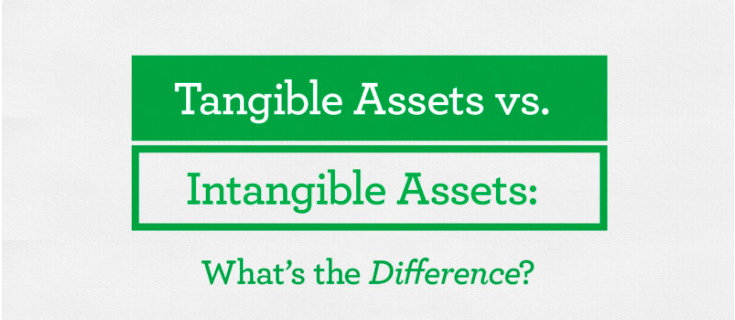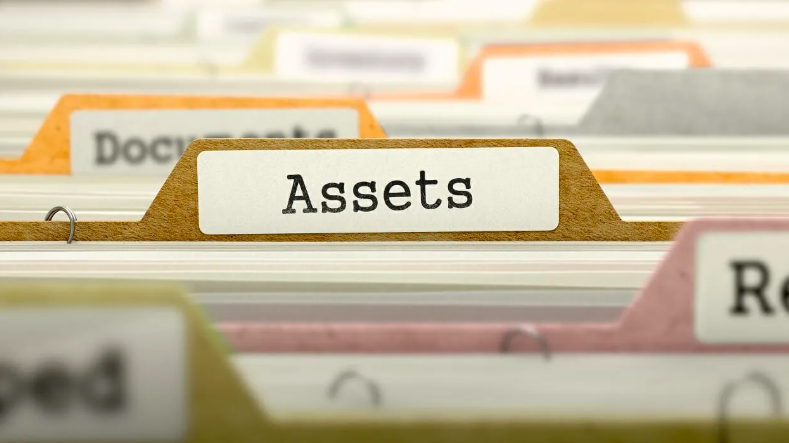
Myth: You Don't Need a Property Valuation If You're Not Selling
Fact: Property Valuation Has Many Uses Beyond Sales
Many property owners believe that a valuation is only necessary when they plan to sell their property. But in reality, professional valuation serves multiple purposes and is an essential tool for informed decision-making—whether you're selling or not.
1. Valuation Helps with Insurance
To get the right insurance coverage, you need an accurate assessment of your property’s value. Underinsurance or overinsurance can both lead to financial loss, and valuation ensures that your asset is properly protected.
2. It's Crucial for Securing Loans or Mortgages
If you plan to use your property as collateral for a loan or mortgage, banks will request a current valuation report. Even if you're not selling, knowing your property's market value is necessary when dealing with financial institutions.
3. It Informs Investment and Renovation Decisions
Before making renovations or upgrades, it’s helpful to know how those changes may impact your property’s value. A valuation helps you make smart decisions on how much to invest and what to prioritize.
4. Helps with Estate Planning or Legal Matters
In cases of inheritance, divorce, or other legal issues, an up-to-date property valuation is often required to settle disputes or divide assets fairly. It offers clarity and legal backing when it matters most.
5. Supports Rental Pricing Strategy
If you're renting out your property, a valuation helps determine the right rental value based on current market trends, location, and condition—so you don’t overprice or undercharge.
Conclusion
Valuation is not just for sellers. It’s a strategic tool for every property owner, offering insights that support financial planning, legal clarity, and smarter management of real estate assets. So whether you’re holding, leasing, or simply planning, a valuation is always a wise move.

 May 26, 2025
May 26, 2025



